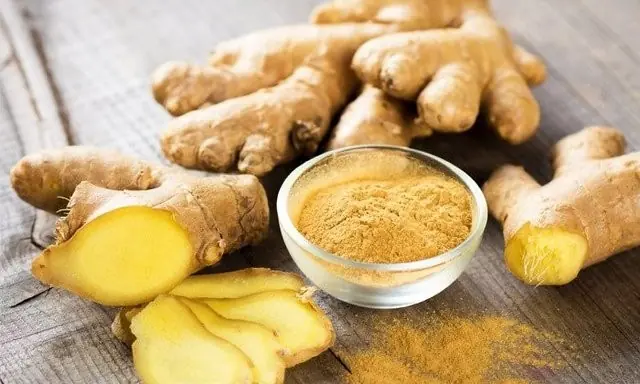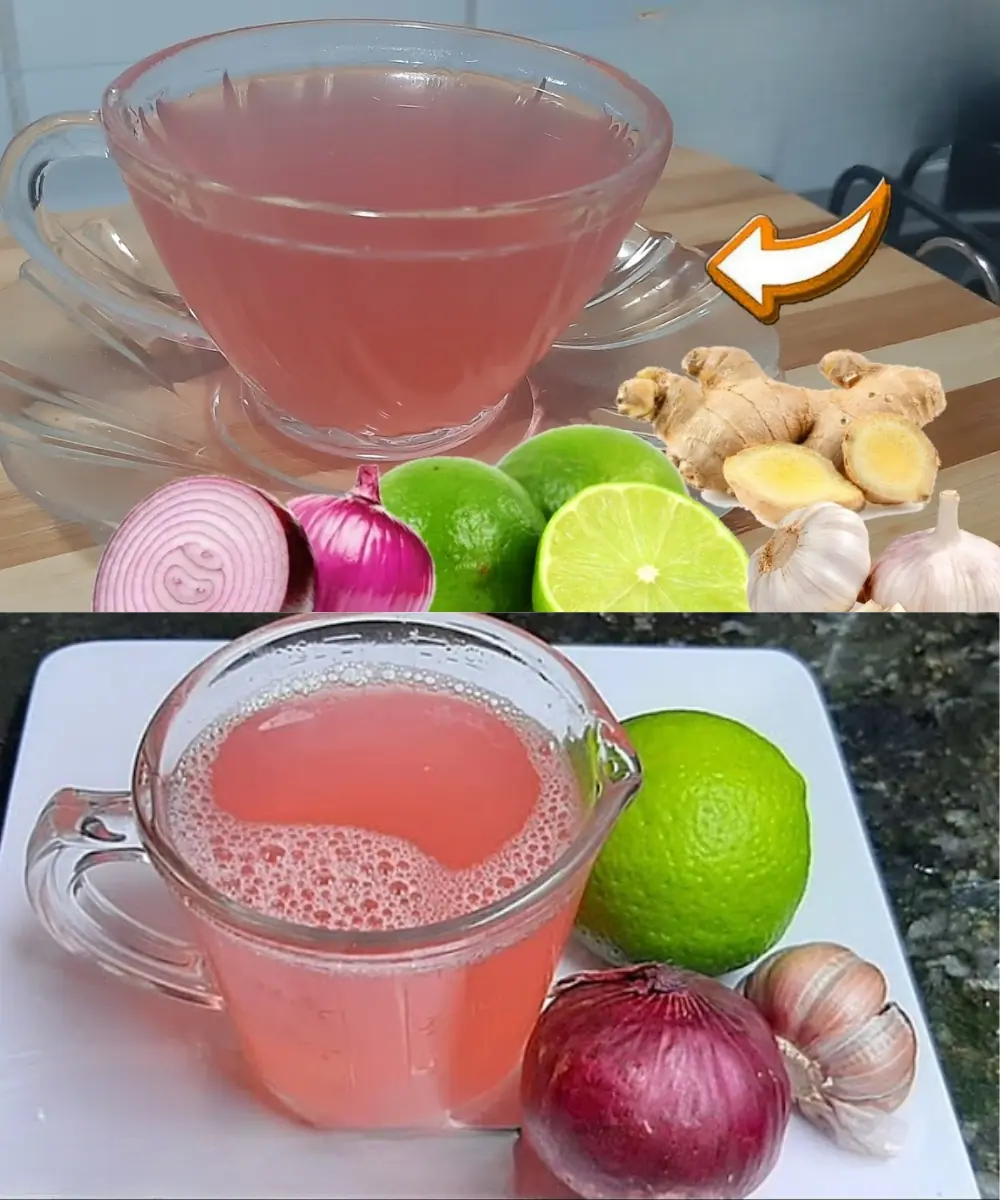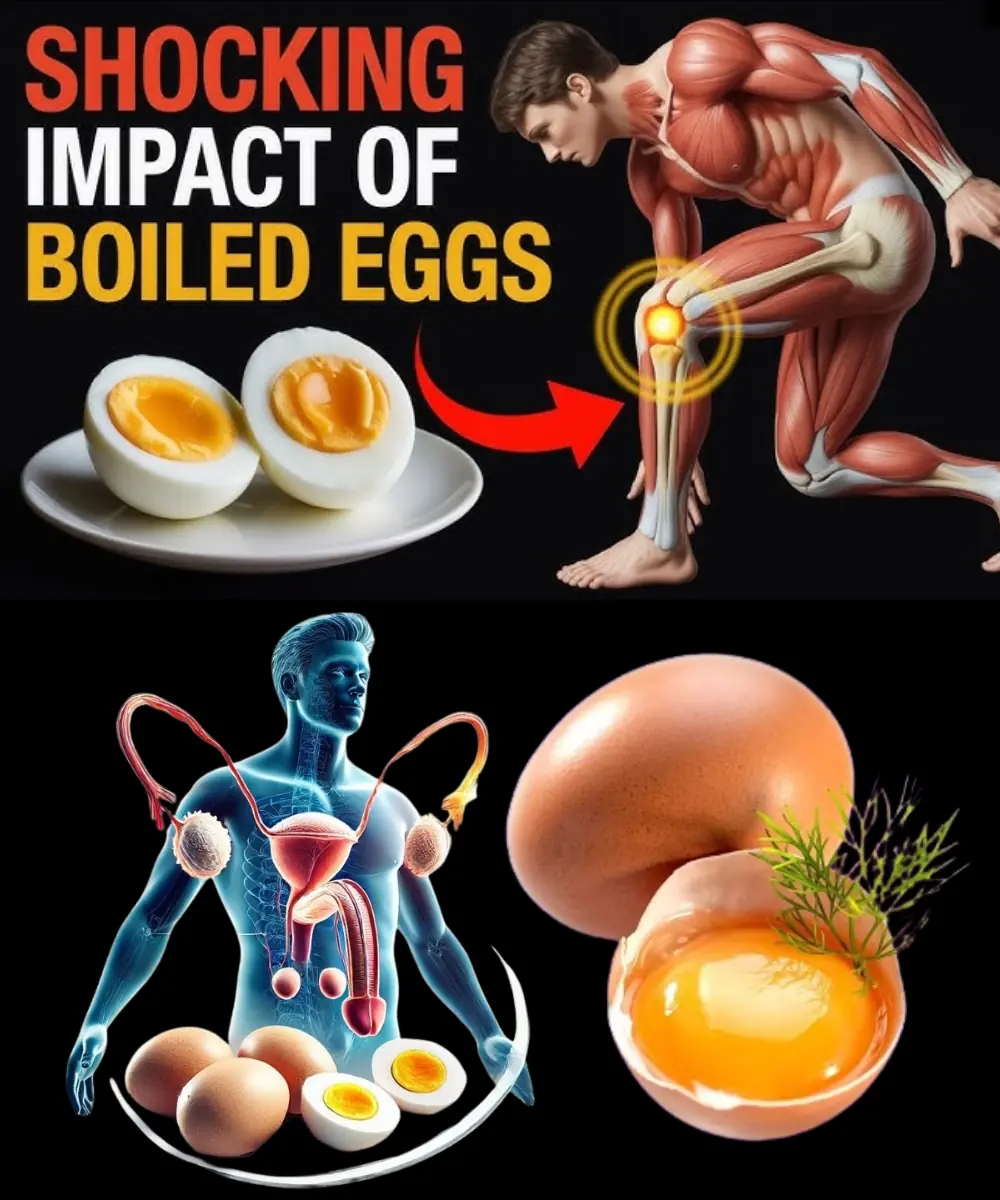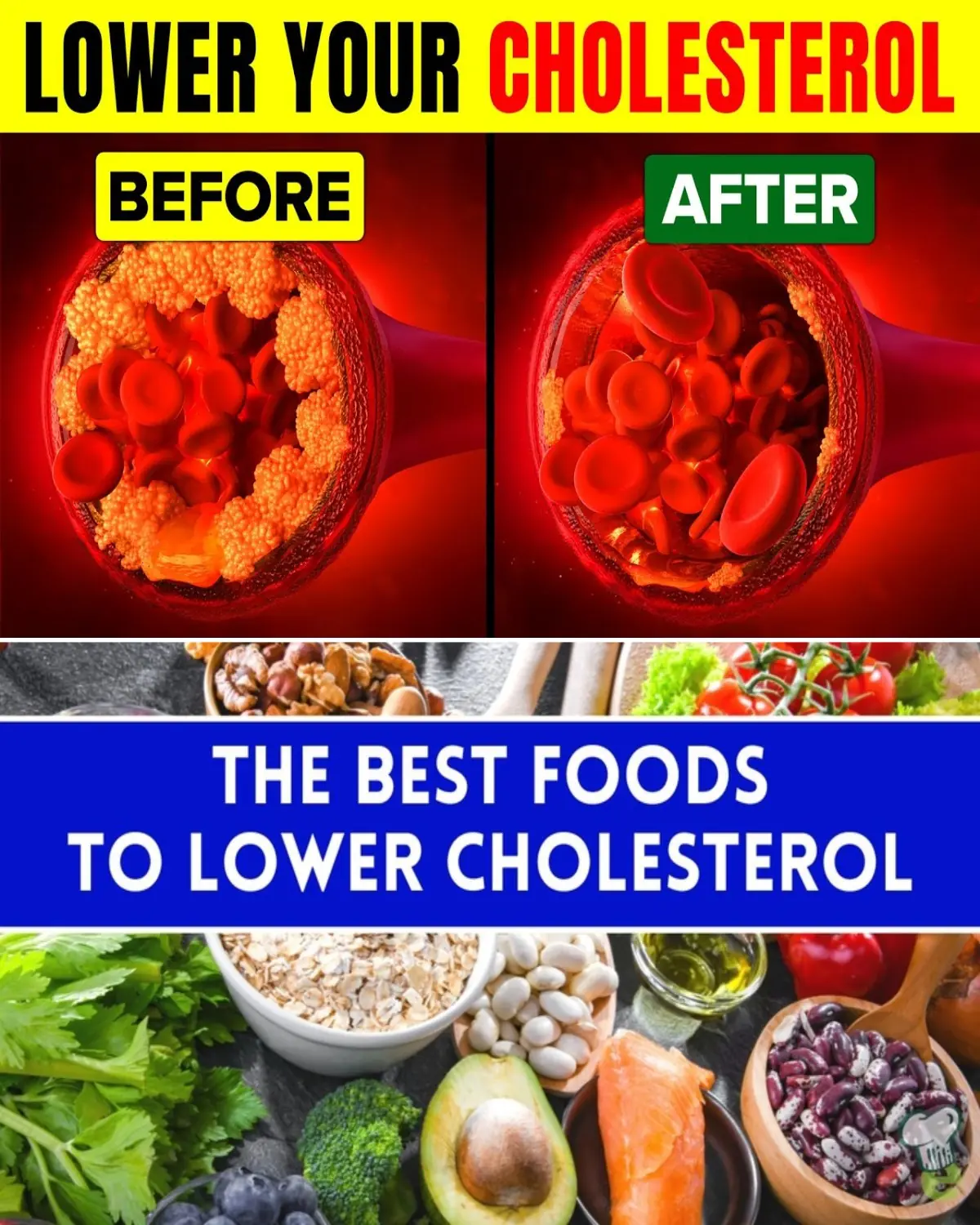
Ginger: The "Fountain of Youth" That Can Eliminate 50% of Aging Cells in 2 Days

Ginger is a food that offers numerous benefits to the body, but it should not be consumed recklessly in large quantities. Let’s take a closer look.
1. Why Do Both Traditional Chinese Medicine and Western Medicine Recommend Consuming Ginger?
From a nutritional standpoint, ginger contains over 100 chemical components—including volatile essential oils, gingerol, ketones, and more—and holds significant medicinal and nutritional value. China has a long history of using ginger, as documented in ancient texts such as the "Bản thảo cương mục" and "Thần Nông thảo dược kinh." Ginger can be eaten raw to clear heat or cooked to harmonize the stomach and spleen, providing many nutrients that are beneficial for the body.
Boosting Immune Function
A study published in Germany’s Molecular Nutrition and Food Research journal indicated that consuming a small amount of ginger’s active components may help keep white blood cells in a heightened state of alert, which is beneficial for enhancing immune function.
Improving Appetite
The gingerol in ginger can stimulate the taste nerves on the tongue and receptors on the gastric mucosa, promoting intestinal peristalsis and the secretion of digestive juices, which helps improve appetite.
Anti-Inflammatory and Pain Relief
A study in the Journal of Alternative and Complementary Medicine reported that ginger can reduce menstrual pain, migraines, muscle pain, and bone pain. It is commonly used as an anti-inflammatory remedy to support the treatment of arthritis.
Promoting Blood Circulation
Various minerals in ginger help stimulate blood circulation once ingested, ensuring that the extremities receive enough blood to stay warm during cold winter months.
2. Is Ginger a “Fountain of Youth”? Eliminates 50% of Aging Cells in 2 Days
A study published in the journal PLOS ONE by the United States National Institute on Aging reported that extracts of ginger containing gingerol A and 6-gingerol have anti-aging effects and can eliminate up to 50% of aging cells in the body within 2 days.
Researchers conducted two comparative experiments: one group used gingerol A and 6-gingerol to combat aging cells, while the other group used the traditional combination of quercetin and dasatinib as a control. Results showed that gingerol A in the first group could eliminate up to 50% of aging cells in just two days while boosting cell activity, and 6-gingerol could eliminate around 40% of aging cells. Compared to the traditional treatment, these compounds did not exhibit toxicity to the cells.
In addition, a research team from Zhejiang University explored the relationship between ginger and aging cells. Their study found that “6-gingerol,” an active component in ginger, promotes apoptosis (programmed cell death) in aging cells. Specifically, ginger extract was able to eliminate 70% of aging cells within just 36 hours.
However, you should still not use ginger daily to fight aging, as there is currently no direct evidence that ginger can prevent aging. Studies indicate that certain components in ginger might slow the aging process, but this is entirely different from consuming ginger directly, and the two should not be equated.
Moreover, human aging is a very complex process influenced by factors such as genetics, environment, and lifestyle. It is difficult to intervene in the aging process with artificial means, let alone rely solely on a single type of food, which is clearly unfeasible.
3. Have You Heard the Common Rumors About Eating Ginger?
There are many rumors about ginger, and many people believe them. But are these claims scientifically based?
Does Old Ginger Taste Like Jelly?
This claim has no scientific basis. It arises from the fact that gingerol in ginger can stimulate the heart and blood vessels to a certain extent, possibly causing an increased heart rate and dilation of blood vessels. Consuming a large amount before bedtime might indeed affect your sleep. However, since ginger is typically used as a spice in everyday cooking, the amount consumed usually does not impact your health.
Can Ginger Prevent Hair Loss?
Today, many young people face hair loss issues, and some even apply ginger directly to their scalp to prevent it. However, there is currently no research proving that ginger can prevent hair loss. While studies have shown that components in ginger possess anti-inflammatory and antibacterial properties, many factors contribute to hair loss, and trying to mitigate it solely with ginger is clearly unfeasible. The proper approach is to consult a doctor promptly.
Does Spoiled Ginger Taste Bad?
Some people believe that even if ginger spoils, its flavor remains intact, so you can remove the spoiled part and continue to eat the rest. This idea is very misguided. When ginger spoils, it produces the toxin safrole, which can damage liver and kidney function and may even cause cancer.
Should You Peel Ginger Before Eating?
Ginger skin has warming properties and can help stop vomiting, detoxify, and nourish the stomach. It also has a cooling effect, acting as a diuretic and reducing swelling. In general, when cooking, there is no need to peel ginger; people suffering from edema, constipation, or bad breath are also advised not to peel it. However, if you are preparing cold dishes or if you have a cold, you should peel the ginger.
Conclusion
Ginger is an excellent food that can be used both as medicine and as an ingredient. However, it should not be consumed recklessly in large amounts for disease prevention and treatment in daily life. The proper approach when illness occurs is to seek timely medical attention, as delaying treatment may hinder the best chance of recovery.
News in the same category


Don’t Drink Coconut Water Before You Know These 11 Secrets!

Pumpkin Seed Milk — The Natural Parasite Cleanser

Fast Rice Water Trick for a Brighter Smile

Morning Drink to Revive Your Kidneys Fast

The Onion Recipe That Could Transform Your Blood Sugar, Support Cleaner Arteries, and Protect Your Heart!

Top 4 Fruits That Help Your Kidneys Flush Out Toxins While You Sleep

Ginger, Clove, and Honey: The Natural Trio Your Body Will Thank You For

Heal 15 Years of Joint Pain Naturally with Turmeric and Honey Tea

This Juice Revived My Grandma’s Energy — Say Goodbye to Fatigue and Body Pain with This Natural Recipe

I’m 66 but Look 36 — My Secret? Aloe Vera & Ginger for Firm, Smooth Skin

How to Make Okra Water to Treat 17 Health Problems Naturally

Banana and Egg Mask to Look Younger Even in Your 80s

Scent Leaf Secrets Unveiled: 10 Surprising Health Benefits of This Miracle Herb

From White Hair to Black Hair Naturally in Just 5 Minutes — Fast Hair Growth Remedy

Boost Your Immune System Year-Round with Garlic, Onion, and Lemon

When You Start Eating 2 Eggs Every Day, Here’s What Happens to Your Body (Is It BAD??)

13 Warning Signs Your Kidneys Are Failing – Don’t Ignore These Symptoms

Save Your Heart: 8 Foods to Naturally Lower Cholesterol

Silent Signs of Artery Blockages Seniors Can’t Ignore
News Post

WHAT HAPPENS WHEN WE TONGUE KISS…See more

Nature’s Secret: 4 Healing Leaves That Support Metabolism, Immunity & Circulation Naturally

Don’t Drink Coconut Water Before You Know These 11 Secrets!

Pumpkin Seed Milk — The Natural Parasite Cleanser

Fast Rice Water Trick for a Brighter Smile

Morning Drink to Revive Your Kidneys Fast

The Onion Recipe That Could Transform Your Blood Sugar, Support Cleaner Arteries, and Protect Your Heart!

Top 4 Fruits That Help Your Kidneys Flush Out Toxins While You Sleep

Ginger, Clove, and Honey: The Natural Trio Your Body Will Thank You For

Heal 15 Years of Joint Pain Naturally with Turmeric and Honey Tea

This Juice Revived My Grandma’s Energy — Say Goodbye to Fatigue and Body Pain with This Natural Recipe

The Benefits of Eating 2 Boiled Eggs Every Morning: Transform Your Health!

If Your Kidneys Are in Danger, Your Body Will Send You These 8 Signals — Don’t Ignore Them

The Surprising Effects of Avocado on Your Heart and Brain

Ways to Get Over a Man Who Didn’t Value You

I’m 66 but Look 36 — My Secret? Aloe Vera & Ginger for Firm, Smooth Skin

How to Make Okra Water to Treat 17 Health Problems Naturally

Banana and Egg Mask to Look Younger Even in Your 80s

Scent Leaf Secrets Unveiled: 10 Surprising Health Benefits of This Miracle Herb
